
By Christabel DANSO ABEAM
Head of Innovative Finance, Partnerships and Markets at the 24-Hour Economy (24HE) and Accelerated Export Development Secretariat, Dr. Ishmael Nii Amanor Dodoo, has cautioned that Ghana’s current power infrastructure lacks the capacity to fully support government’s proposed 24HE initiative.
He has therefore highlighted the need for strategic enhancements in generation, distribution and regulatory frameworks to ensure consistent and reliable power supply for businesses.
Delivering the keynote address on behalf of the Presidential Advisor on 24HE and Accelerated Export Development, Augustus Goosie Obuadum Tanoh, at the just-ended public lecture and forum on ‘The Impact of the 24-Hour Economy and Accelerated Export Development Policy on the Power and Petroleum Sectors’, Dr. Dodoo noted that as of 29th December 2024 Ghana’s peak power demand had risen to 3,952 megawatts, marking a 9.2% year-on-year increase from 2023 – a surge that underscores growing pressure on the national grid amid rising economic activity.
According to him, thermal sources will contribute 66.1% of power in 2025, with natural gas as the dominant fuel – a dependency that exposes the country to global price fluctuations and foreign exchange pressures.
He added that fuel supply for thermal plants in 2025 will cost Ghana approximately US$1.25billion, with US$1.2billion (97.5%) allocated to gas alone, citing the Energy Outlook 2025.
“In 2025, demand is projected to rise to 4,125 MW while available capacity will only reach 4,656 MW, leaving a 12% reserve margin in some months,” he said, referencing the Energy Commission’s 2024 projections. “This is currently 6% below grid-compliant levels,” he added.
Ghana loses approximately 25% to 30% of generated electricity due to long-standing technical and non-technical losses. These include long transmission distances, ageing infrastructure, illegal connections, meter-tampering and poor maintenance.
Gas deficits are projected across multiple months, with shortfalls reaching 50 MMscfd in March and 102 MMscfd in November due to planned maintenance and system constraints.
Hydropower, once a mainstay of Ghana’s energy mix, is expected to generate 13.9% less in 2025 than in 2024 due to reduced inflows at Akosombo.
Given these dynamics, Dr. Dodoo argued that without strategic enhancements Ghana’s energy system cannot effectively support a 24-hour economy. He noted that beyond infrastructure development, it is crucial to address pricing structures – including the high cost of gas and implications of ‘take-or-pay’ contracts – to create a truly enabling environment.
To make the 24HE more feasible, Dr. Dodoo proposed several recommendations including:
- Providing Sector-Specific Energy Strategies: Tailoring energy solutions to the specific needs of different sectors and addressing the key challenges and levers required to transform the energy sector.
- Reimagining the Energy Sector: Positioning energy as an engine of economic growth through the development of innovative strategies, including the integration of green energy sources.
- Leveraging Ghana’s Current Strategic Position: Investing in the country’s energy and green transition to build a robust 24HE framework that can serve as a powerhouse for the West African market, tapping into the African Continental Free Trade Area (AfCFTA).
Highlighting the 24HE initiative’s importance, Dr. Dodoo explained that it is designed to shift Ghana’s economy into a high-productivity, round-the-clock engine that leverages energy, industry and strategic reforms to drive growth.
“24HE is not merely a policy but a transformative catalyst for food self-sufficiency, industrialisation, export growth and job creation. It is a commitment to building an economy that serves all Ghanaians around the clock,” he stated.
Additionally, the policy is projected to enhance Ghana’s Gross Domestic Product (GDP) growth by 31.7% over 10 years compared to the business-as-usual scenario.
The event, themed ’24-Hour Economy: Can Ghana’s Current Energy Situation Support This Policy?’, brought together key stakeholders to deliberate on the policy’s impact on the energy sector as part of broader efforts to assess and enhance its implementation.
The post Strategic overhaul needed to achieve 24-hour economy appeared first on The Business & Financial Times.
Read Full Story
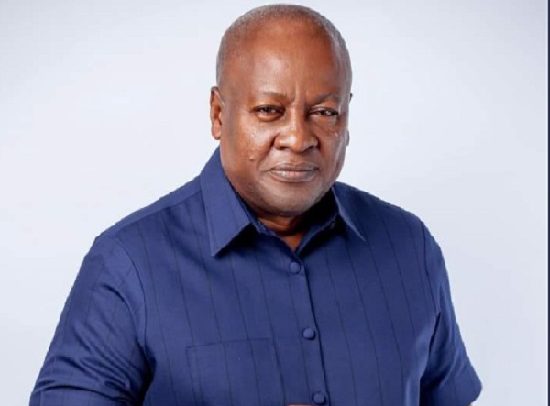
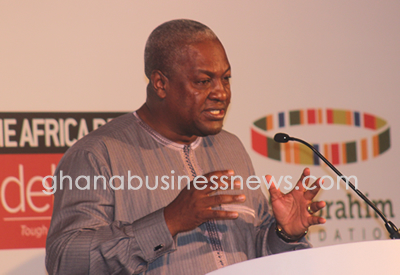
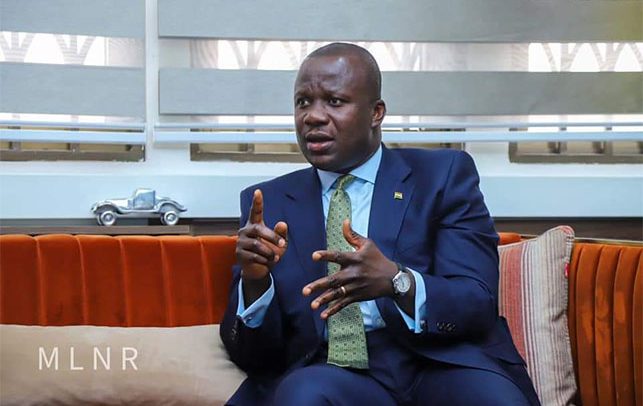

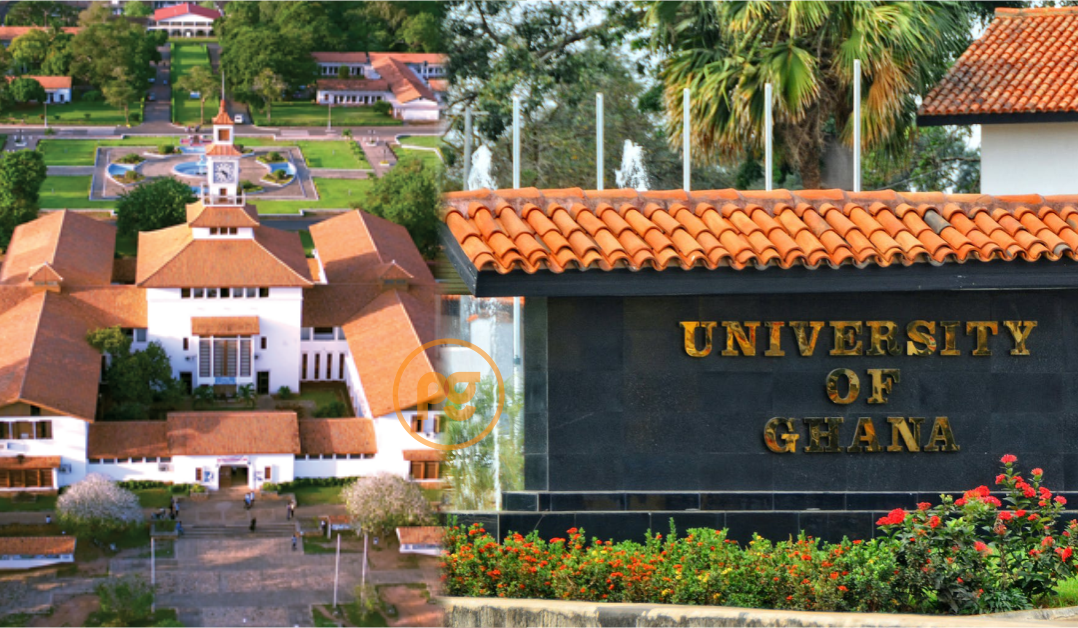


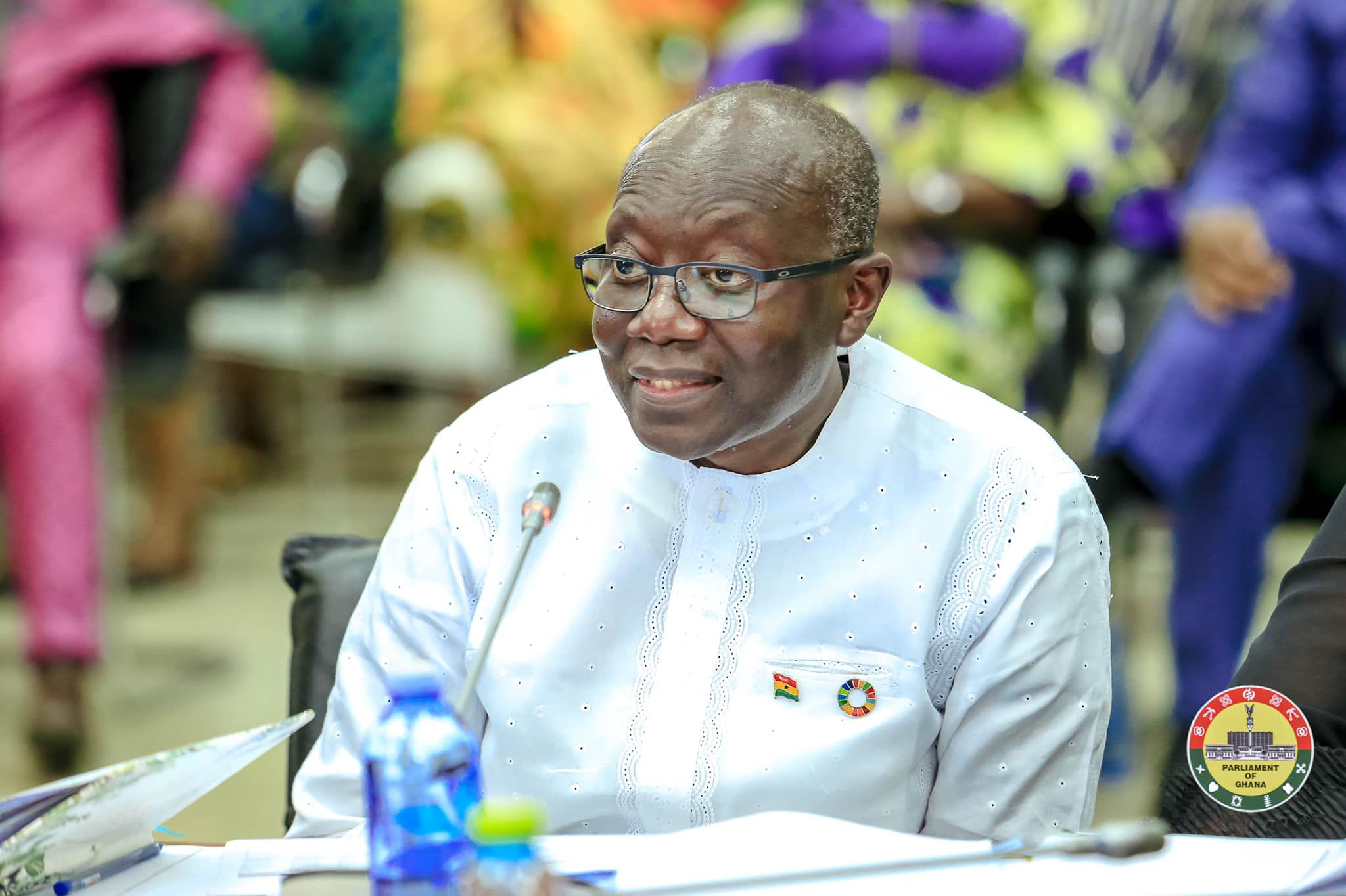
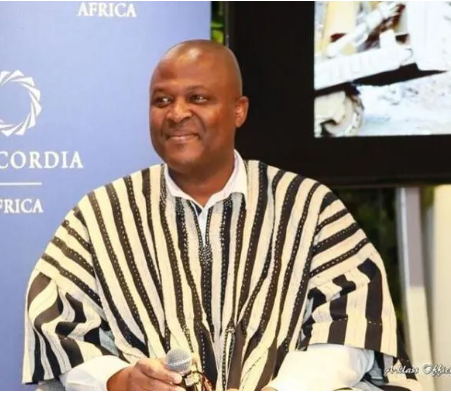
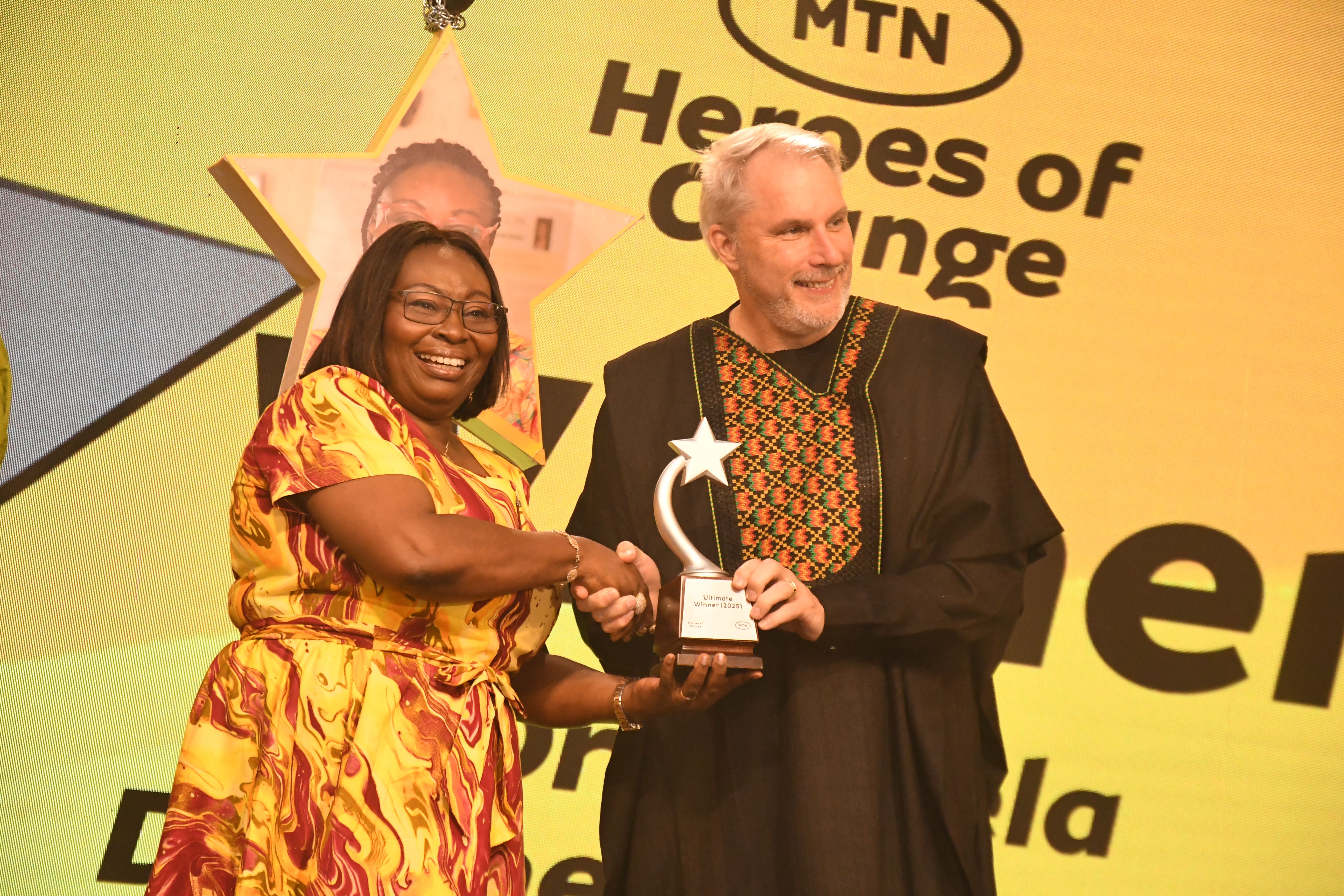









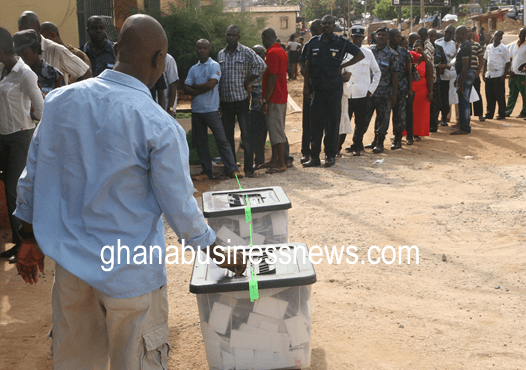
Facebook
Twitter
Pinterest
Instagram
Google+
YouTube
LinkedIn
RSS